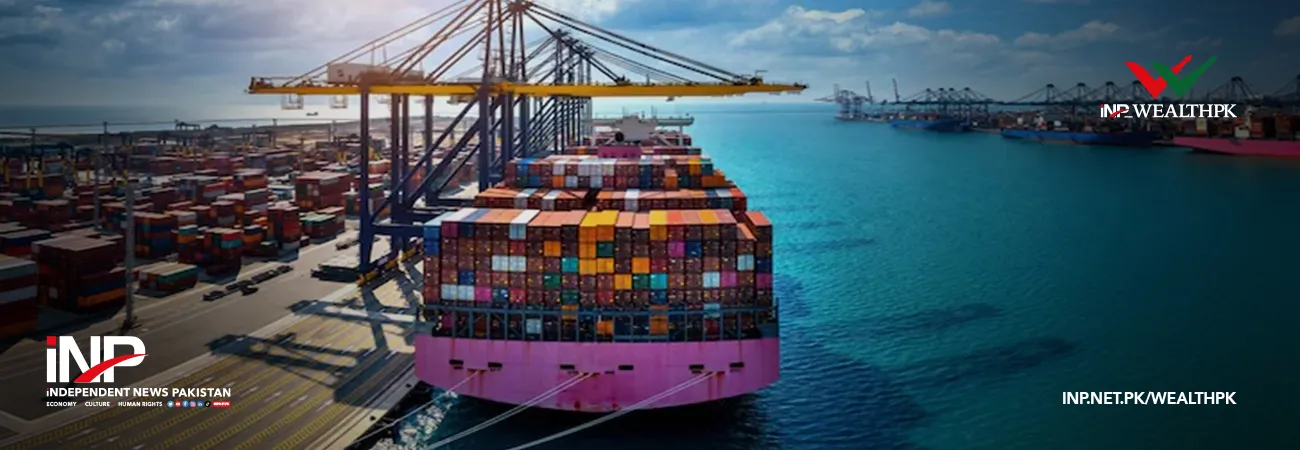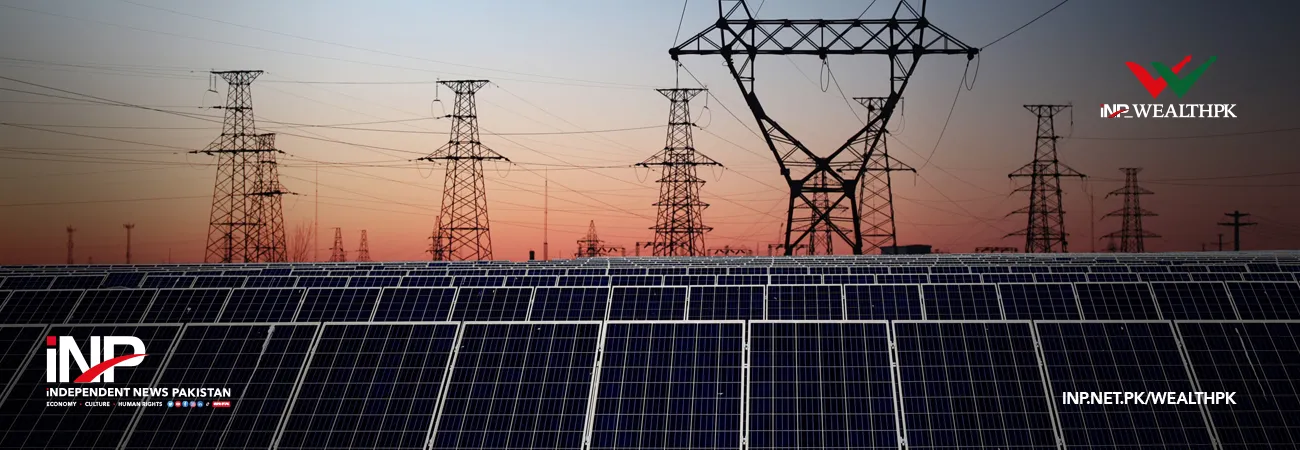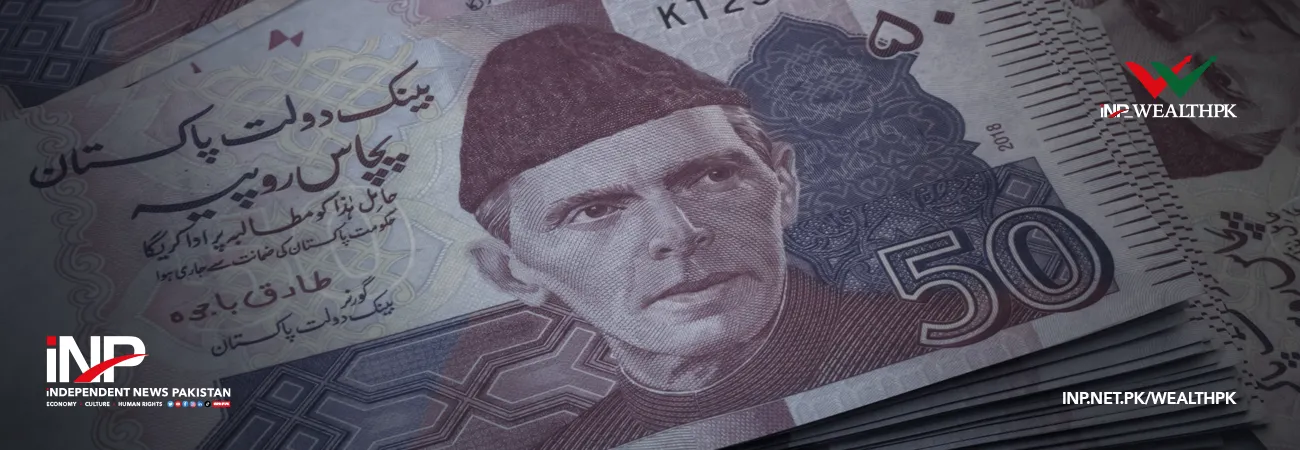آئی این پی ویلتھ پی کے
Amir Khan
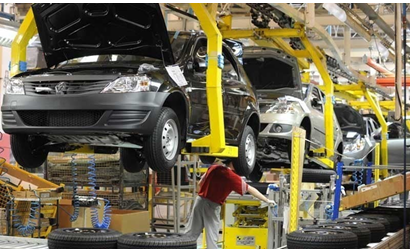
Pakistan's automobile sector experienced a significant downturn across all segments, except for farm tractors, during the July-March period of the Fiscal Year 2024.Talking to WealthPK, member of Pakistan Automotive Manufacturers Association Syed Samad Siraj attributed the decline to the rising car prices, costly auto financing, and the consumers’ low purchasing power.He further explained that the resulting decline in the purchasing power had led to a notable reduction in car production. This decrease is not limited to cars but extends to the heavy commercial vehicle sector and the two/three-wheeler sector, highlighting a widespread industry downturn.
“Import restrictions and new mandatory export requirements have further exacerbated the situation, constraining the availability of essential components and vehicles, thereby disrupting the production cycles,” he highlighted. According to the data from the Pakistan Automotive
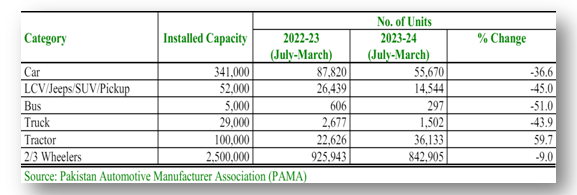
Manufacturer Association (PAMA), tractor production surged 59.7%, with 36,133 units produced compared to 22,626 units during the same period last year. This growth highlights the increasing adoption of mechanization in agriculture, driven by the need for enhanced efficiency and productivity. In addition, the passenger car production plummeted by 36.7%, with only 55,670 units manufactured compared to 87,820 units the previous year. The heavy commercial vehicle sector also faced considerable challenges. Bus production fell by 51%, from 606 units to 297 units, while truck production dropped by 43.9% from 2,677 units to 1,502 units. This reduction is attributed to a stunted demand driven by high policy rates and a generally depressed economic environment.
The two/three-wheeler sector, crucial for lower-income groups, saw 9.0% decline in production, with 842,905 units produced compared to 925,943 units in the same period last year. This ongoing negative trend is mainly due to the supply constraints caused by import restrictions and the impact of inflation on middle and lower-income consumers. Talking to WealthPK, Muhammad Asad Islam Mahni, Additional Secretary of Industries and Production, explained that the macroeconomic environment had significantly contributed to the decline. High inflation and elevated policy rates have restricted the bank leasing options for local automobiles, thus reducing consumer financing availability. This economic pressure is especially noticeable in the heavy commercial vehicle sector, where truck and bus production has considerably decreased due to the reduced demand, he highlighted.
Credit: INP-WealthPk
Collectively, these factors paint a comprehensive picture of the challenges facing Pakistan's automobile sector, where economic pressures and regulatory constraints are significantly hampering production and growth.



